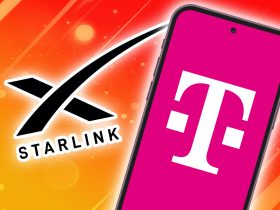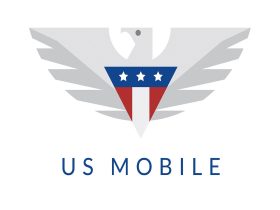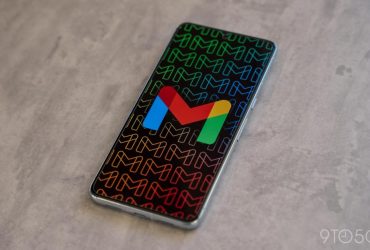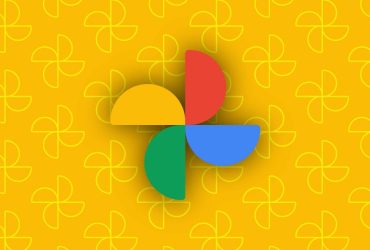

I can give a dozen examples of how I’m using AI, but I doubt another person will find any of them truly useful in their life. Instead, the most useful applications of AI are hyper-specific to the day-to-day things people do, and cannot be packaged in a flashy ad because it would be deemed “boring.” These are the mundane tasks that you accomplish manually and technology might have no insight into.
9to5Google has a rebooted newsletter that highlights the biggest Google stories with added commentary and other tidbits. Sign up here!
For example: After using the self-checkout line to buy a lot of individually packaged granola bars, I wanted to confirm that I didn’t double-scan anything. I could of course count, but I instead took a picture of the receipt with Gemini and asked how many I bought. It worked and was arguably faster.
Like I said, boring.
A big barrier to adoption in people’s personal lives is knowing in the first place that a task can benefit from AI speeding it up. That’s in part due to the current state-of-the-art in AI being behind a chatbot interface. From the start, I’ve thought that an open text field is daunting for most people.
In many ways, the first-generation of smart assistants had a negative impact for failing to meet people’s expectations. Users thought they could have full conversations with their computers/phones (like in sci-fi), but it was anything but that. If anything, these pre-LLM approaches that require people to conform to certain command patterns have greatly lowered expectations. Today’s AI chatbots have to now condition people to be bolder with their commands to get the most utility out of them after 10 years of dumb “assistants.”
The next adoption limitation is how AI is thought of as just another app, with companies packaging it that way. The metaphor was useful in the early days of smartphones for providing physical analogs that people could conceptualize, like how a point-and-shoot camera and MP3 player became just another icon on your homescreen.
AI has no real gadget analog. It’s a tool that can be used to do virtually everything, but looks like no device that people are familiar with.
More broadly, I think AI is the hardest thing in the world to market. Last August, we had the Pixel 9 Pro “with Gemini” ads that show taking a picture of what’s in your fridge and asking what you could make. Meal planning is a relatable use case, but it in no way was compelling.

A more recent attempt is the Super Bowl in February when Google aired a unique ad in each state showcasing how a small business is using Gemini in Google Workspace. That’s closer to addressing the user education difficulty.
It’s just hard to convey to people that they can do so many things with AI, or how their daily tasks can be augmented by it.
If there’s one remotely physical analog for AI, it’s the personal assistant. Selling AI as giving everyone a personal assistant will be groundbreaking. It’s natural to offload thanks to an assistant.
The AI is getting to that point with the imminent release of Project Astra in Gemini Live, though support for apps (previously Extensions) to take action is needed next.
I was honestly skeptical when AI was equated to fire or electricity (2018), but I’ve come around to its importance. It can be the ultimate tool if you know how to utilize it.
Add 9to5Google to your Google News feed.
FTC: We use income earning auto affiliate links. More.

What’s your reaction?
Love0
Sad0
Happy0
Sleepy0
Angry0
Dead0
Wink0










Leave a Reply
View Comments